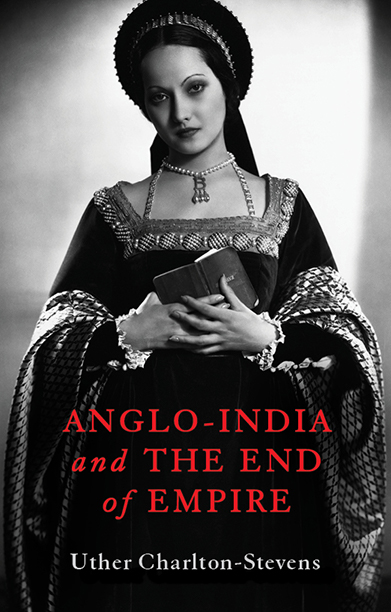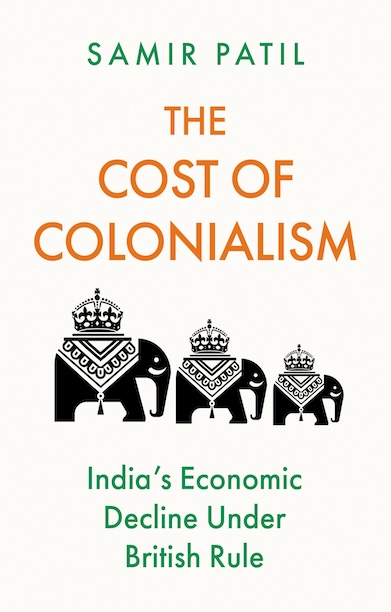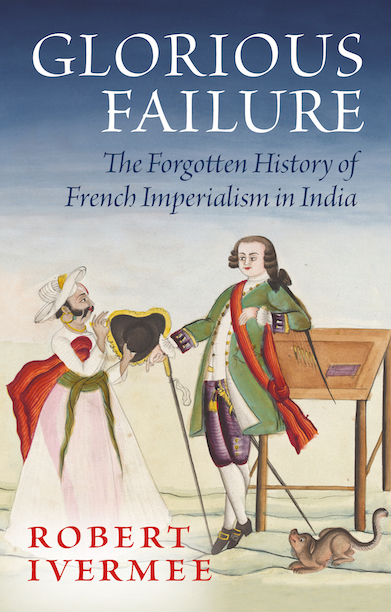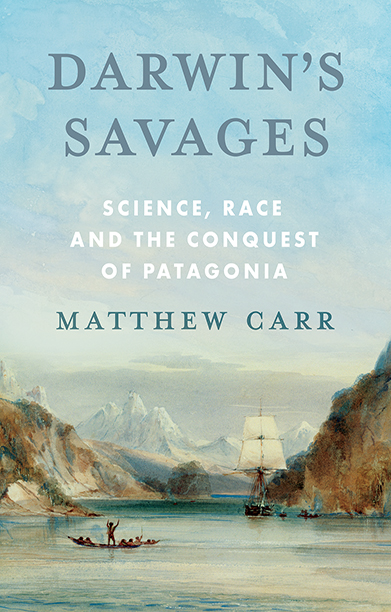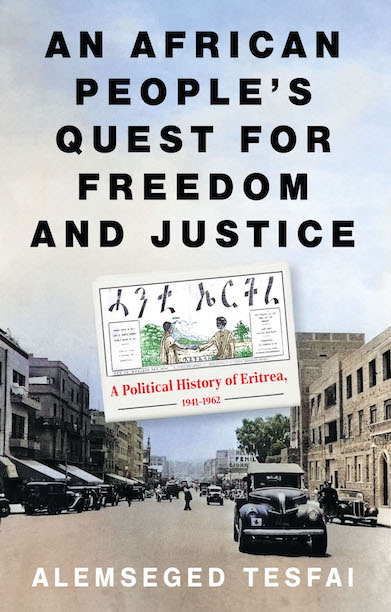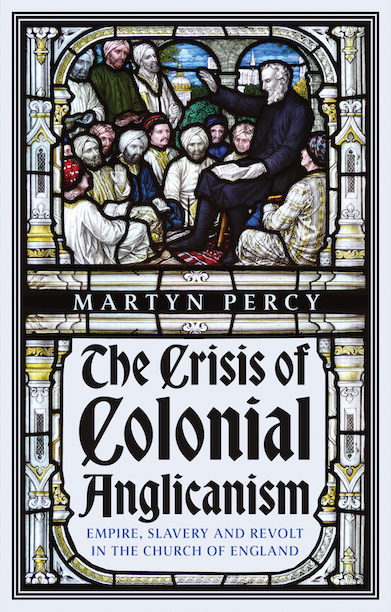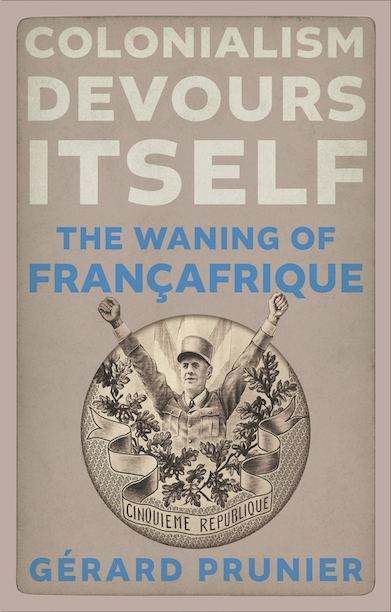Anglo-India and the End of Empire
A startling new history of a community’s struggle to be heard as Empire waned in India, with echoes for all those of mixed heritage.
Description
The standard image of the Raj is of an aloof, pampered and prejudiced British elite lording it over an oppressed and hostile Indian subject population. Like most caricatures, this obscures as much truth as it reveals. The British had not always been so aloof. The earlier, more cosmopolitan period of East India Company rule saw abundant ‘interracial’ sex and occasional marriage, alongside greater cultural openness and exchange. The result was a large and growing ‘mixed-race’ community, known by the early twentieth century as Anglo-Indians.
Notwithstanding its faults, Empire could never have been maintained without the active, sometimes enthusiastic, support of many colonial subjects. These included Indian elites, professionals, civil servants, businesspeople and minority groups of all kinds, who flourished under the patronage of the imperial state, and could be used in a ‘divide and rule’ strategy to prolong colonial rule. Independence was profoundly unsettling to those destined to become minorities in the new nation, and the Anglo-Indians were no exception.
This refreshing account looks at the dramatic end of British rule in India through Anglo-Indian eyes, a perspective that is neither colonial apologia nor nationalist polemic. Its history resonates strikingly with the complex identity debates of the twenty-first century.
Reviews
‘Essential reading for people interested in issues of colour and race, of passing, and of comparisons between US history and mixed-race history in other settings, it also enlarges the conversation about colonialism and empire.’ — Digital Journal
‘Uther Charlton-Stevens’ new book is a vivid and stimulating account of the British empire’s dramatic disintegration viewed through the complex perspectives of the Anglo-Indian community.’ — International Journal of Anglo-Indian Studies
‘[An] excellent and detailed study.’ — Gibraltar Chronicle
‘A significant and multi-faceted masterpiece within the realm of Indian history.’— International Journal of Asian Studies
‘Uther Charlton-Stevens describes in unparalleled detail the political and social circumstances of the Anglo-Indian community in India. An innovative, informative and distinctive — David Arnold, Emeritus Professor of History, University of Warwick, and author of Pandemic India
‘A significant contribution to the extensive and growing body of historical literature about the late British Raj period.’ — Michael H. Fisher, Robert S. Danforth Professor of History, Emeritus, Oberlin College, and author of Counterflows to Colonialism: Indian Travellers and Settlers in Britain 1600–1857
‘As this ambiguous, hybrid Anglo-Indian identity is stretched to breaking point, we get a valuable insight, available from no other position, into what was at stake in the racial categories of the Empire. Original, fascinating and gripping.’ — Benjamin Kingsbury, author of An Imperial Disaster: The Bengal Cyclone of 1876
Author(s)
Uther Charlton-Stevens is a fellow of the Royal Asiatic Society and the author of Anglo-Indians and Minority Politics in South Asia. He earned his doctorate in history from the University of Oxford. Uther spent his childhood in colonial Hong Kong. Born in Ferozepore, his Anglo-Indian father grew up in Bangalore before migrating to England.
